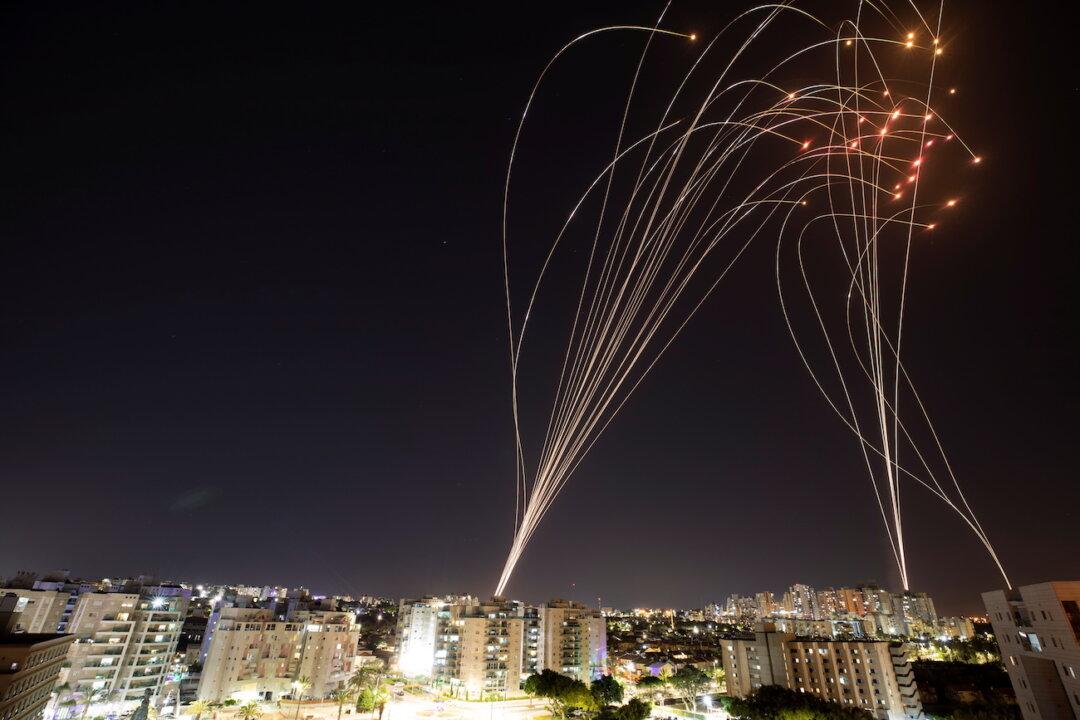The Biden Administration on Tuesday issued statements condemning rocket attacks aimed at Israel amid escalating tensions between Jerusalem and the Hamas terrorist group across the Gaza strip.
White House press secretary Jen Psaki told reporters at a press conference that President Joe Biden last week “directed his team to engage intensively with senior Israeli and Palestinian officials, as well as leaders throughout the Middle East” to communicate a “clear and consistent message in support of de-escalation.”




